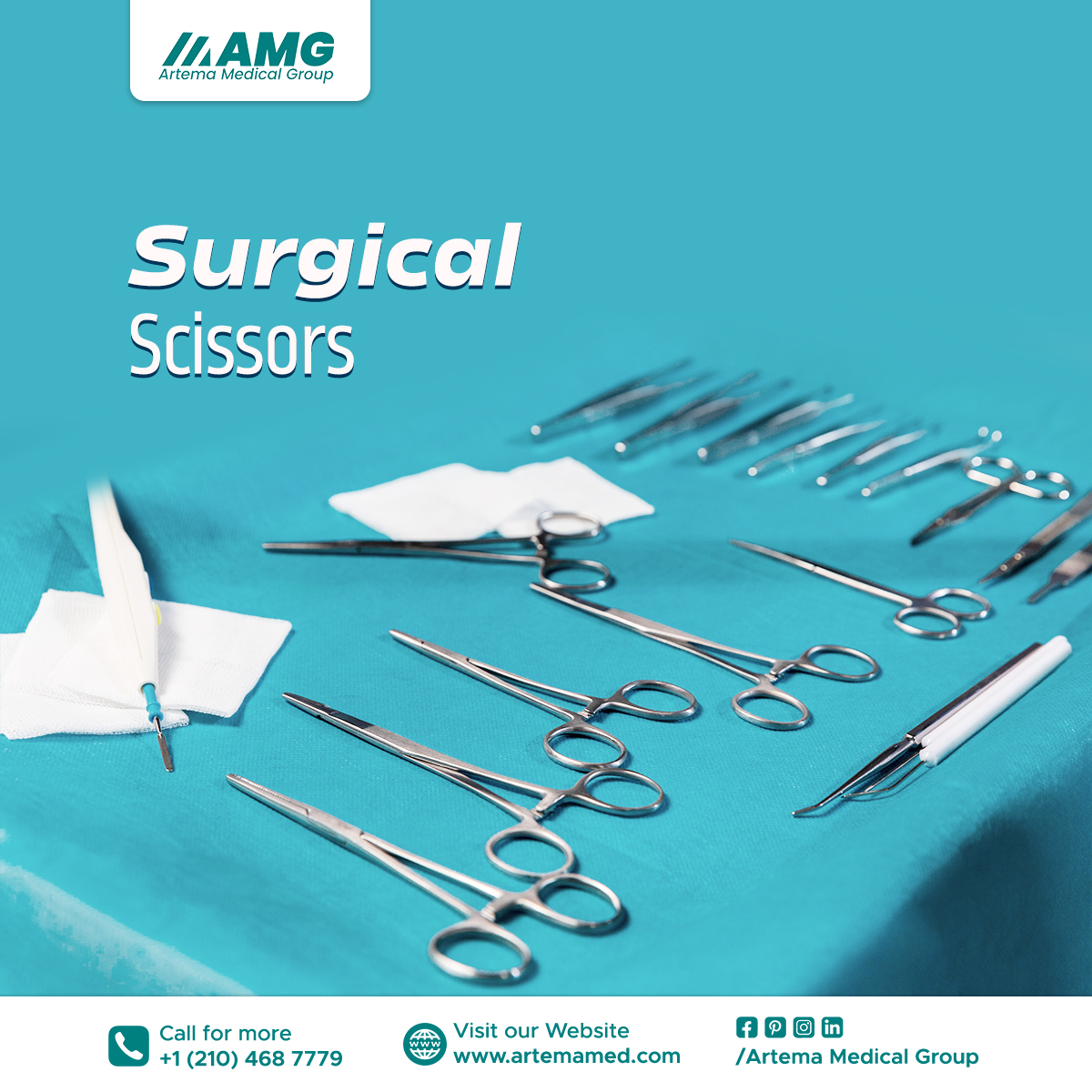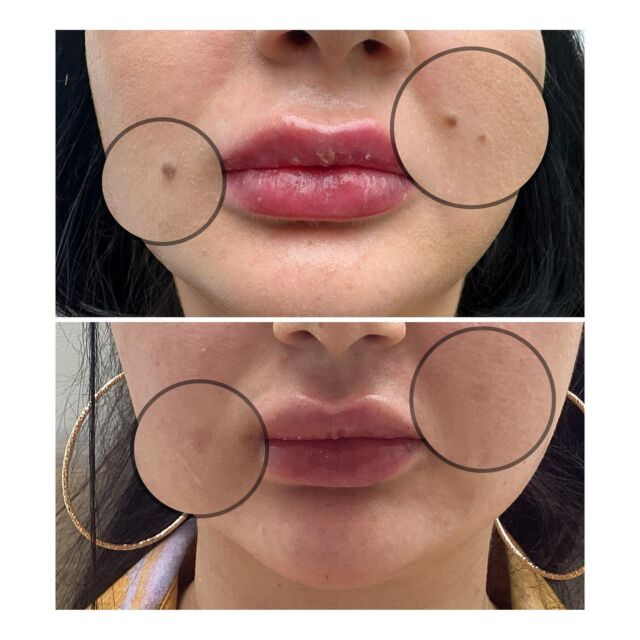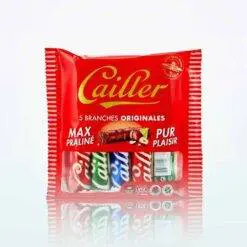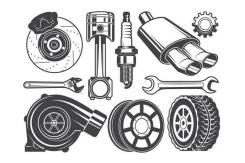Understanding the Vital Role of Surgical Scissors in Modern Medicine
Introduction to Surgical Scissors in Healthcare
Surgical scissors are one of the most trusted and essential tools in the field of medicine. Their role extends beyond just cutting. These instruments help ensure precision, reduce tissue trauma, and support safe surgical outcomes. Known for their reliability, surgical scissors are present in almost every medical setting, from operating rooms to emergency care and clinics.
Medical scissors are designed to perform specific tasks. Some are made for delicate tissue cutting, while others are meant for tougher materials. The diversity in their design shows the importance of understanding the types of surgical scissors and the role each plays in supporting quality healthcare.
Surgical Scissors in Operating Rooms
In surgeries, time, skill, and tools are critical. Among those tools, surgical scissors hold a unique place. They are used to cut tissues, dissect structures, remove sutures, and separate organs. Their sharpness and design help surgeons perform tasks with care and accuracy. Using the right type of surgical scissors can make a difference in minimizing bleeding and improving healing.
The role of medical scissors in surgery also includes reducing the risk of infection. Their smooth, stainless surface makes them easy to clean and sterilize. That ensures the safety of both the patient and the surgical team during procedures.
Precision and Control in Delicate Procedures
Surgical scissors are especially useful in delicate surgeries, such as eye surgery, brain surgery, and plastic surgery. These procedures require tools that offer full control with minimal movement. Even the smallest slip can affect the outcome. That’s why surgical scissors used in these cases are lightweight, fine-tipped, and extremely sharp.
Whether it’s trimming skin in a cosmetic procedure or cutting a thin nerve tissue in a brain surgery, the surgeon depends on the scissors for precision. The role of surgical scissors in these surgeries is vital because no other instrument offers the same level of control and response to hand pressure.
Support in Wound Management and Suturing
Outside the operating room, surgical scissors also play a major role in wound care. Medical staff use them to cut bandages, trim dead tissue, and remove stitches. They help in cleaning wounds without causing extra pain or harm. That helps in faster recovery and better infection control.
Special types of surgical scissors are used for suturing purposes. These are shaped to easily slip under sutures and cut them close to the skin without hurting it. The role of surgical scissors in wound care is often overlooked, but it is just as important as in surgery.
Use in Dental and Oral Procedures
Dentists and oral surgeons also rely on surgical scissors for various tasks. In the mouth, space is limited and tissues are soft. This calls for compact and sharp tools that can perform cuts with care. Surgical scissors are used to cut gum tissue, trim sutures, and assist in minor oral surgeries.
Different types of surgical scissors are selected depending on the procedure. Some are curved to follow the shape of the mouth, while others are angled for better access. Their role in dental procedures is growing with the rise of advanced oral surgeries.
Role in Plastic and Cosmetic Surgery
In plastic surgery, results depend not just on skill but also on the tools used. Surgical scissors help make clean and accurate incisions, which lead to better cosmetic outcomes. The less trauma caused during cutting, the faster and cleaner the healing will be.
Plastic surgeons use various types of surgical scissors depending on the location and purpose. Some are very fine for facial work, while others are stronger for body surgeries. Their role is crucial in ensuring smooth, precise cuts that heal with minimal scarring.
Surgical Scissors in Emergency Medicine
In emergency situations, every second counts. Surgical scissors help doctors and nurses act fast. Whether it’s cutting through clothes to reach a wound, removing a tight bandage, or opening a dressing to stop bleeding, these scissors offer speed and safety.
In trauma care, the role of medical scissors goes beyond cutting. Their design allows caregivers to access the injury without making it worse. Many types of surgical scissors are used in such cases, including bandage scissors and trauma shears. Their sharpness and angled design help avoid injury while working quickly.
Veterinary Use of Surgical Scissors
The medical field is not limited to humans. Surgical scissors are also widely used in veterinary medicine. Vets use them for surgeries, wound care, and general treatment of animals. Whether dealing with pets or farm animals, medical scissors are adapted for different sizes and needs.
Just like in human medicine, different types of surgical scissors are used for different tasks. From small curved scissors for delicate tissue to strong scissors for larger animals, their role in veterinary care remains highly valuable.
Training Future Medical Professionals
The role of surgical scissors also extends to medical education. Students and interns use them during their training to learn how to make safe and effective cuts. They practice on models, cadavers, or in supervised procedures to understand how each type of scissor works.
Learning proper handling of surgical scissors is part of building confidence and skill in future healthcare workers. This also teaches respect for the tool and its role in providing high standards of care.
Types of Surgical Scissors and Their Applications
The different types of surgical scissors reflect the many roles they play. Straight scissors are often used for general cutting, while curved ones help in deep or tight areas. Some have blunt tips for safety, while others are pointed for precision.
Knowing which type to use in a certain procedure ensures better results and fewer risks. Each type is designed for a specific purpose, and using them correctly supports the safety and success of the surgery or treatment.
Conclusion: A Trusted Tool with a Critical Role
Surgical scissors are more than just a cutting tool. Their role in modern healthcare is deep and widespread. From major surgeries to wound care, from dental procedures to animal care, these scissors offer the precision, control, and safety needed in every field of medicine.
Their design may vary, but their goal is the same — to support patient care through accurate and safe performance. Medical scissors will continue to be a key tool in every hospital, clinic, and training center. Understanding their role helps us appreciate the value they bring to both routine and complex medical procedures.
Explore our products on Artema Med













